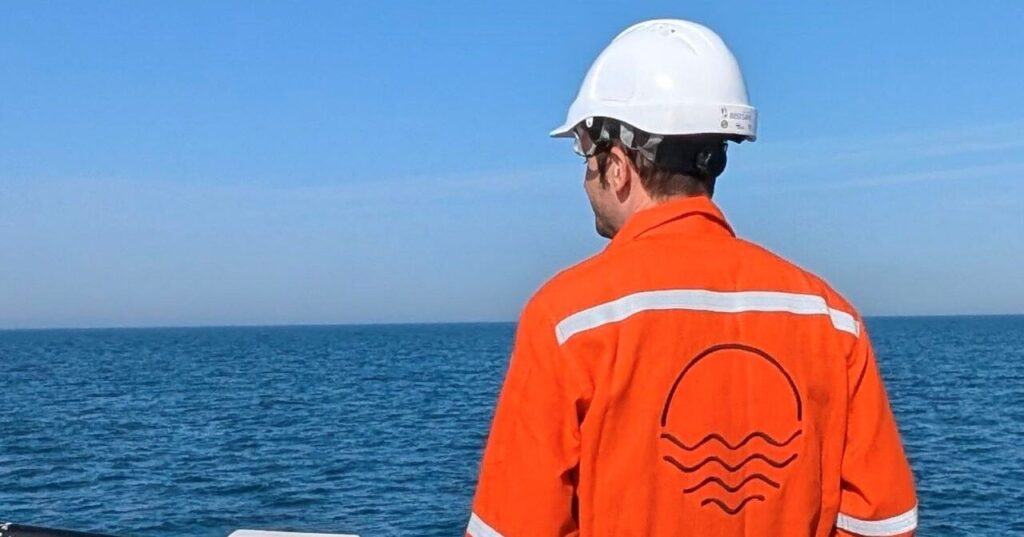Ocean Geophysics, based in the UK, has launched certification support for the Certification Scheme for the Detection of Explosive Remnants of War (CS-OOO) in the Netherlands to meet the growing demand for professionals in unexploded ordnance (UXO) risk mitigation for offshore operations.
The company has established a Dutch team of certified CS-OOO professionals, including senior experts and assistant CS-OOOs, to provide UXO risk mitigation services in Dutch waters. UXO surveys and clearance work in the Netherlands must adhere to the CS-OOO standard, which sets the requirements for civil explosives detection companies.
The certification consists of two sub-areas: sub-area A covers the detection of explosives, and sub-area B ensures civil engineering support is conducted safely and traceably.
According to Ocean Geophysics, all CS-OOO professionals in the company hold the necessary offshore certifications and possess extensive offshore experience. The goal is to meet the legal requirements for UXO risk assessments, providing dedicated experts to vessels operating in Dutch waters.
“There are only a handful of companies in the Netherlands that hold the required licenses for UXO detection and clearance work, and many of the license holders do not prioritize offshore work. We aim to help debottleneck offshore UXO survey work on behalf of developers and operators of offshore wind farms,” said Alison Wells, CEO of Ocean Geophysics.
In addition to providing certified professionals, Ocean Geophysics offers data processing services aimed at securing ALARP certification, a key safety standard for UXO risk management. The company claims to have reduced ALARP certification turnaround times to 48 hours using advanced data processing technologies, particularly for international clients.
“In short, we provide clients operating offshore the Netherlands with comprehensive services to support safe and compliant offshore activities. Our fast-track data processing services rapidly deliver all supporting documentation required for the ALARP certification process, thus helping to mitigate UXO risk cost-effectively,” added Wells.
In May, Ocean Geophysics introduced a solution that recycles and reprocesses freely available seismic data to help developers reduce costs and risks when deciding which wind farms to bid on. The solution leverages historical data, advanced software, and modern processing techniques to reveal previously hidden information in shallow regions.
This solution aims to cut costs and reduce risks for offshore wind developments by potentially eliminating the need for additional costly reconnaissance surveys.
Original Story at www.offshorewind.biz
